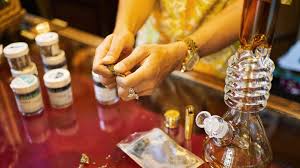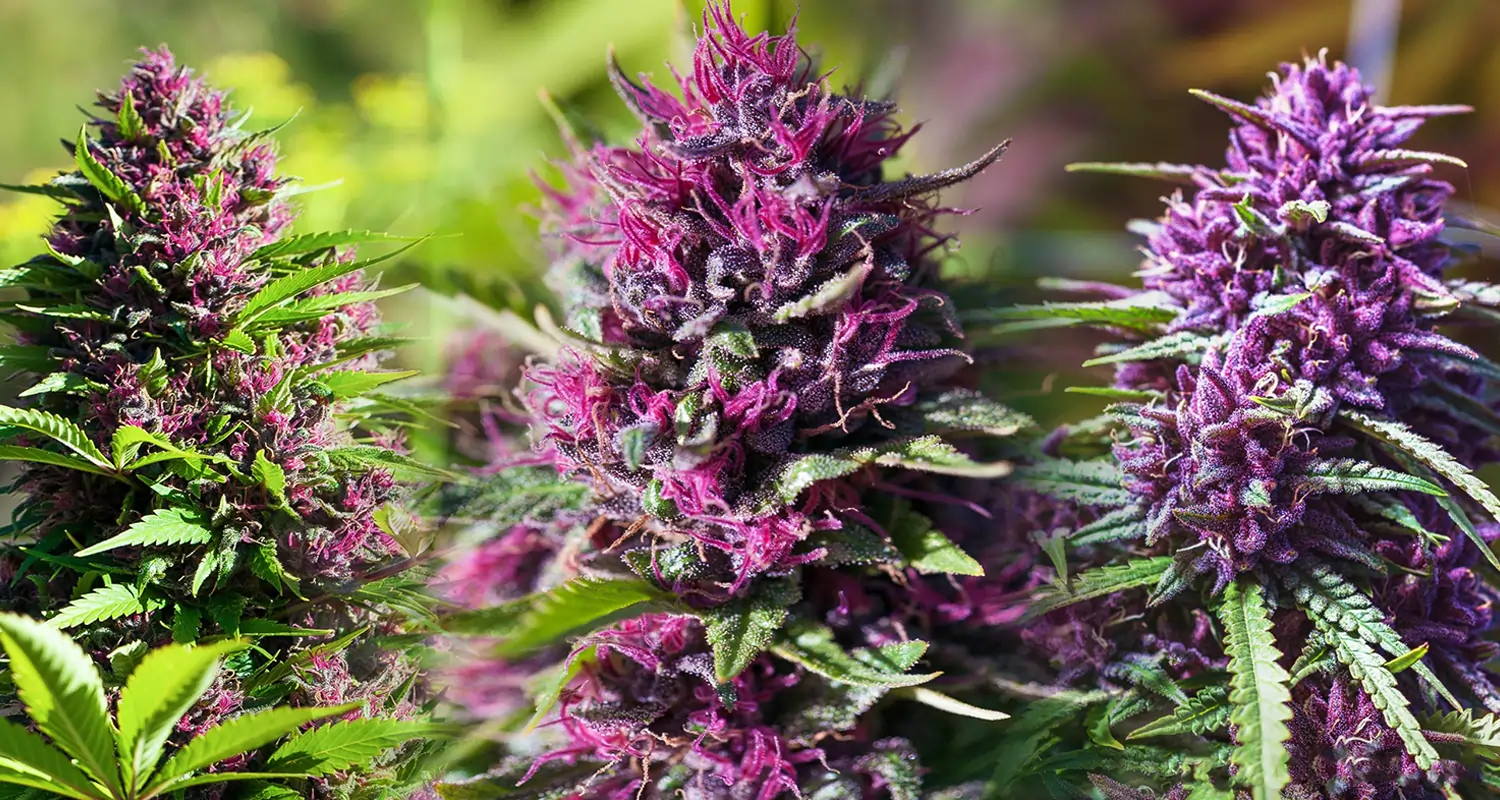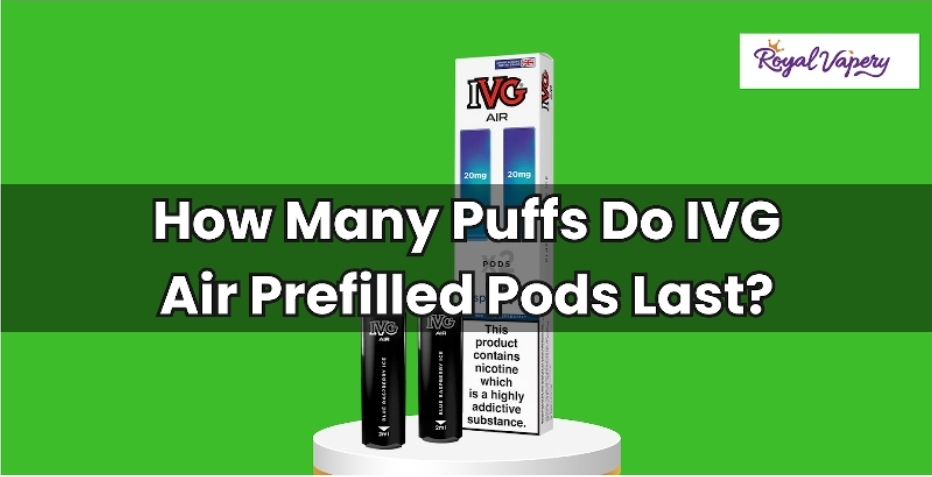Gummies infused with cannabinoids have become increasingly popular as more people seek natural alternatives for relaxation, pain relief, and improved sleep. Among these, Delta 8 THC gummies and CBD gummies stand out for their unique properties and effects. While both come from the cannabis plant, their differences are significant, affecting their legality, effects, and usage. This article explores how Delta 8 gummies differ from CBD gummies, helping you understand which might be the right choice for you.
Understanding Delta 8 and CBD
Delta 8 THC and CBD (cannabidiol) are both compounds found in cannabis plants, but their chemical structures and effects vary greatly:
- Delta 8 THC: Delta 8 is a psychoactive cannabinoid, meaning it can produce a mild “high.” It is less potent than Delta 9 THC (the primary psychoactive compound in marijuana) but still has euphoric and calming effects. Delta 8 is typically extracted from hemp due to its low natural concentration.
- CBD: CBD is non-psychoactive, meaning it does not cause a high. It is widely recognized for its therapeutic benefits, such as reducing anxiety, alleviating pain, and improving sleep quality. CBD is abundant in hemp, making it easier to source and produce.
Psychoactive Effects
The primary difference between Delta 8 Gummies and CBD gummies lies in their psychoactive effects:
- Delta 8 Gummies: These gummies produce a mild high, often described as uplifting and relaxing without the intense effects of Delta 9 THC. This makes them appealing for users who want to experience a subtle psychoactive effect while remaining functional.
- CBD Gummies: CBD gummies do not cause any psychoactive effects. Instead, they promote relaxation and well-being without altering mental clarity, making them suitable for those who prefer non-intoxicating options.
Therapeutic Benefits
Both Delta 8 and CBD gummies offer therapeutic benefits, but the effects differ:
- Delta 8 Gummies:
- May reduce mild to moderate pain.
- Can help with nausea and appetite stimulation.
- Provide a calm and mildly euphoric experience.
- CBD Gummies:
- Effective for reducing inflammation and chronic pain.
- Known for reducing anxiety and stress levels.
- Improve sleep patterns by promoting relaxation.
- May assist with seizures and certain neurological conditions, as approved by the FDA in specific cases (e.g., Epidiolex for epilepsy).
Legal Status
The legality of Delta 8 and CBD gummies varies by location due to differences in their chemical makeup and effects:
- Delta 8 Gummies:
- Delta 8 THC is in a legal gray area in the U.S. It is federally legal if derived from hemp and contains less than 0.3% Delta 9 THC. However, several states have banned Delta 8 due to its psychoactive nature.
- CBD Gummies:
- CBD is federally legal in the U.S. if derived from hemp and contains less than 0.3% THC. CBD has fewer state-level restrictions compared to Delta 8 THC, making it more widely available.
Production and Sourcing
The production processes for Delta 8 and CBD also differ:
- Delta 8 Gummies:
- Delta 8 THC occurs in minimal amounts in cannabis plants, so it is often synthesized from CBD through a chemical conversion process. This adds complexity to its production, potentially affecting its purity and cost.
- CBD Gummies:
- CBD is extracted directly from hemp plants using methods like CO2 extraction. It does not require chemical conversion, making its production simpler and often more cost-effective.
Dosage and Onset of Effects
- Delta 8 Gummies:
- Due to their psychoactive properties, Delta 8 gummies are typically consumed in smaller doses, ranging from 10-25 mg per gummy. Effects may take 30 minutes to 2 hours to kick in, lasting several hours.
- CBD Gummies:
- CBD gummies often contain 10-50 mg of CBD per serving. Effects are more subtle and gradual, usually noticeable within an hour. The duration of effects varies but is generally milder compared to Delta 8.
Side Effects
Both Delta 8 and CBD gummies have potential side effects, but their nature and intensity differ:
- Delta 8 Gummies:
- May cause dry mouth, red eyes, dizziness, or mild paranoia, especially if taken in high doses.
- Psychoactive effects can impair coordination or concentration temporarily.
- CBD Gummies:
- Rarely cause side effects, but high doses may lead to drowsiness, dry mouth, or digestive discomfort.
Intended Use Cases
Your choice between Delta 8 and CBD gummies may depend on your intended purpose:
- Delta 8 Gummies are ideal for:
- Individuals seeking a mild psychoactive experience.
- Those looking for appetite stimulation or nausea relief.
- CBD Gummies are ideal for:
- Individuals seeking therapeutic benefits without intoxication.
- Long-term use for chronic conditions like anxiety or inflammation.
Accessibility and Price
- Delta 8 Gummies: Due to the complexity of Delta 8 production and varying legal restrictions, these gummies tend to be more expensive and harder to find in certain regions.
- CBD Gummies: Widely available online and in stores, CBD gummies are often more affordable and come in a variety of flavors and formulations.
Conclusion
Delta 8 gummies and CBD gummies serve distinct purposes and cater to different preferences. Delta 8 gummies provide a mild psychoactive experience, making them suitable for those seeking relaxation with a touch of euphoria. In contrast, CBD gummies offer therapeutic benefits without any intoxicating effects, appealing to individuals who prioritize mental clarity.
Understanding the differences in effects, legality, and use cases can help you make an informed decision. Whether you’re looking to alleviate pain, reduce stress, or simply unwind, there’s a gummy out there to suit your needs.





